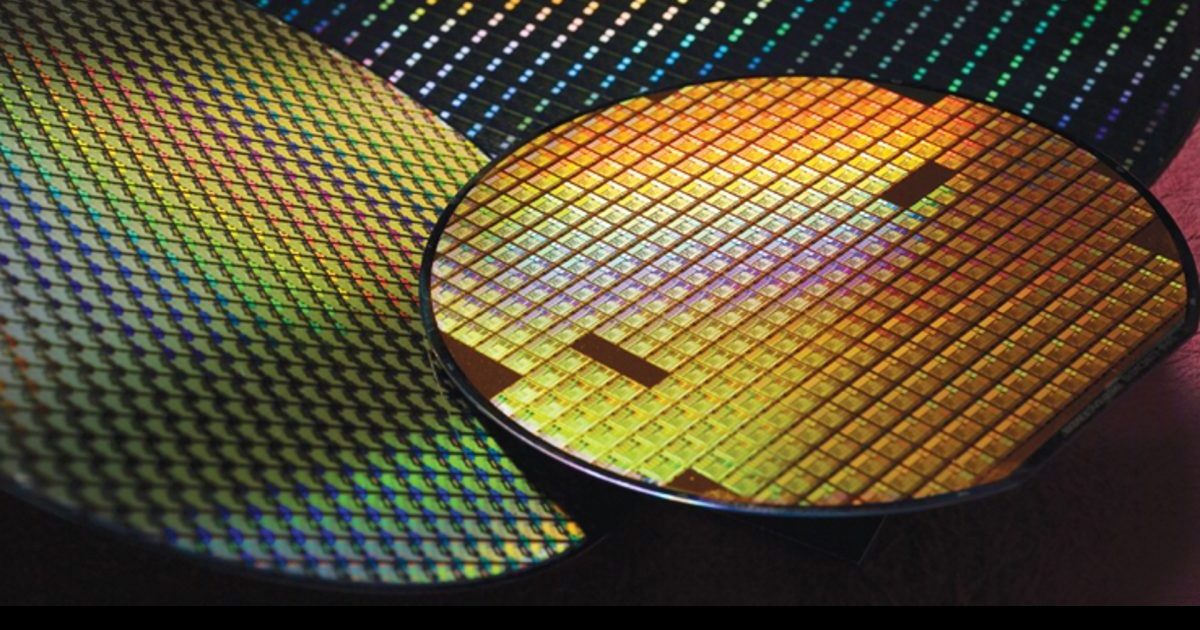Apple’s long-term chip provider, Taiwanese Semiconductor Manufacturing Company (TSMC) is planning to expand its production capacity by establishing a new unit in Germany. A senior executive of the company told Bloomberg that, TSMC is in early talks with the German government to set up a new facility in the country.

TSMC is the world’s leading chip foundry that manufactures iPhone and Mac chips for Apple like the A15 Bionic chip built on an advanced 5nm process and M1, M1 Pro, and M1 Max chips for Mac and iPad Pro models. Now the chip manufacturer is going through an expansion plan to avert chip crisis in the future. Although TSMC chip supply to Apple has been adequate, it too has been impacted by the ongoing chip crisis which was caused by water shortage in Taiwan, harsh weather in Texas, and made worse by COVID-19 related lockdowns and social distancing restrictions.
As EU prepares to increase domestic chip production, TSMC might set up a plant in Germany
The current chip crisis has made a global impact on various industries like the automobile, the tech industry, smart appliances, and others. And to prevent such a crisis in the future, governments are encouraging domestic chip production and TSMC is working on expanding its global manufacturing footprint in the United States, Japan, and China to cater to its clients like Apple, Sony, Intel, and others.
Similarly, the EU is going to introduce the ‘European Chips Act’ in the first half of 2022 to boost semiconductor production in the region with the aim to account for 20% of global chip production by 2030 which is a good opportunity for the chipmaker to establish a facility in Germany. However, the deal will be finalized after production-related issues are wrinkled out. The report states that:
Various factors including government subsidies, customer demand and the talent pool will influence TSMC’s final decision, Senior Vice President of Europe and Asia Sales Lora Ho told reporters on the sidelines of a technology forum in Taipei.
The Taiwanese chipmaker hasn’t discussed incentives with Berlin or decided on a location, Ho said.

This news is contrary to TSMC’s founder Morris Chang statements at the Asia-Pacific Economic Cooperation leaders who rejected the pursuit of increasing domestic chip production and advocated for the free trade system. He said:
“It is prudent to have a domestic, self-sufficient chip supply chain for some national-security applications. However, for the massive demand in the private sector, it is best to maintain a chip supply chain based on the free-trade system.”